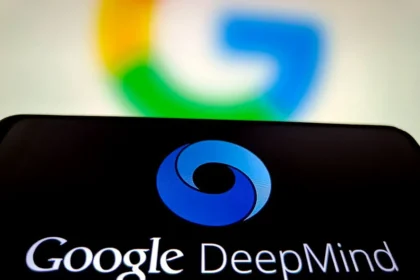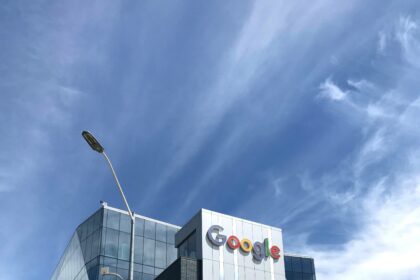The European Commission has fined Google €2.95 billion (nearly $3.5 billion), accusing the tech giant of violating EU antitrust rules by giving its own ad services an unfair edge.
According to the commission, Google “abused” its dominance in digital advertising by favoring its AdX exchange in both its publisher ad server and ad-buying tools. Regulators ordered the company to end these practices within 60 days and to implement measures that address “inherent conflicts of interest along the adtech supply chain.”
“Google must now come forward with a serious remedy to address its conflicts of interest, and if it fails to do so, we will not hesitate to impose strong remedies,” said Teresa Ribera, the commission’s executive vice president. She added that digital markets “must be grounded in trust and fairness” and cannot be dominated by a single player.
Google rejected the decision and confirmed plans to appeal. “There’s nothing anticompetitive in providing services for ad buyers and sellers, and there are more alternatives to our services than ever before,” a spokesperson told The Wall Street Journal.
The fine marks the EU’s second-largest antitrust penalty ever, following a $5 billion sanction against Google in 2018. The announcement was delayed from September 1 due to ongoing EU-U.S. trade deal negotiations, according to the WSJ.
The ruling also drew fire in Washington. U.S. President Donald Trump criticized the decision on Truth Social, arguing that American companies like Google and Apple are being unfairly targeted. He warned that he could launch a Section 301 proceeding to challenge the penalties.
Related: FTC Chair Warns Google Over Alleged Partisan Gmail Filtering
Trump later hosted a televised dinner with Silicon Valley leaders, including Google CEO Sundar Pichai and co-founder Sergey Brin, who praised his policies on artificial intelligence.
Meanwhile, Google notched a partial win back home. A U.S. federal judge agreed the company had acted illegally to preserve its search monopoly but rejected tougher Justice Department remedies that could have forced Google to sell Chrome or even Android.







